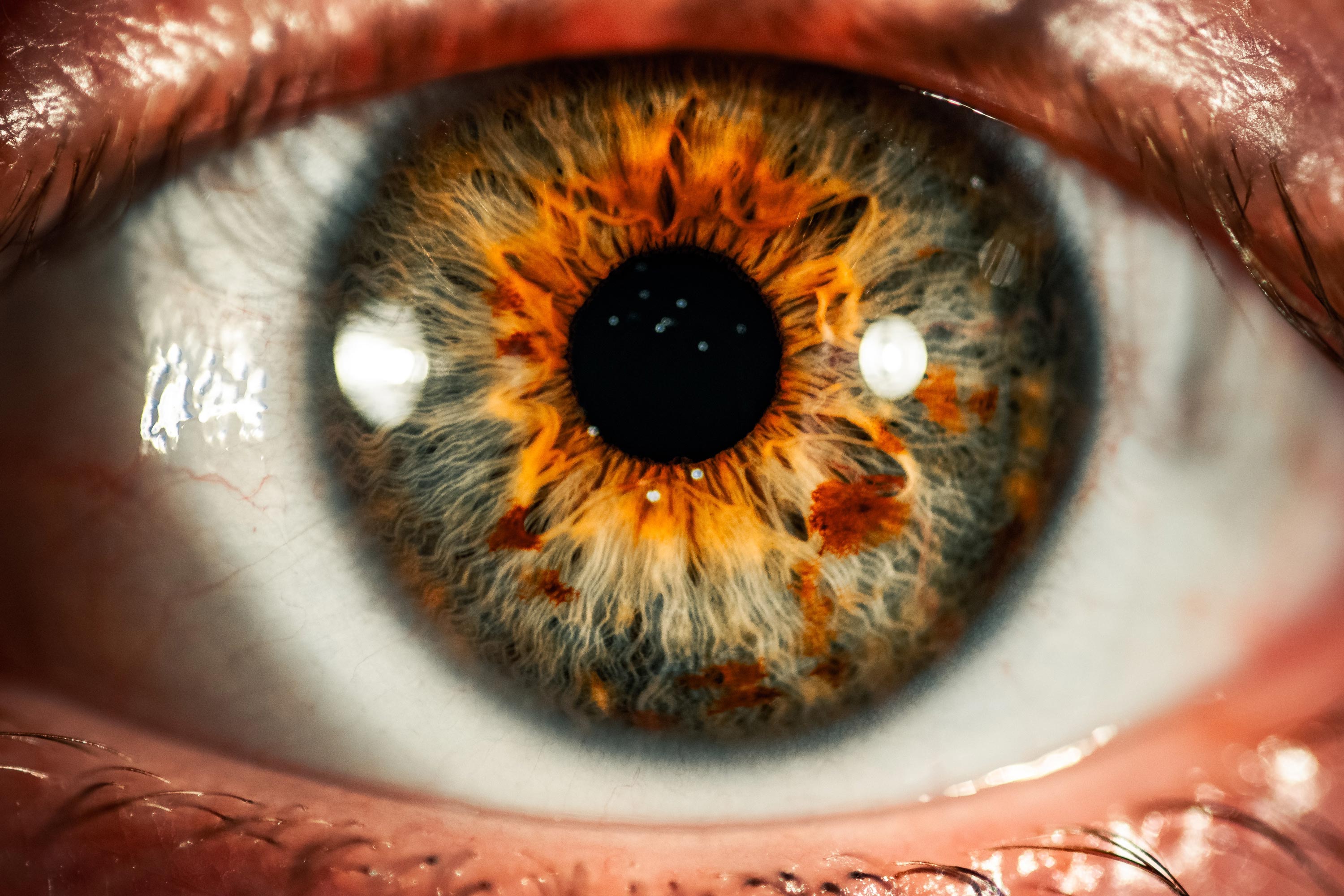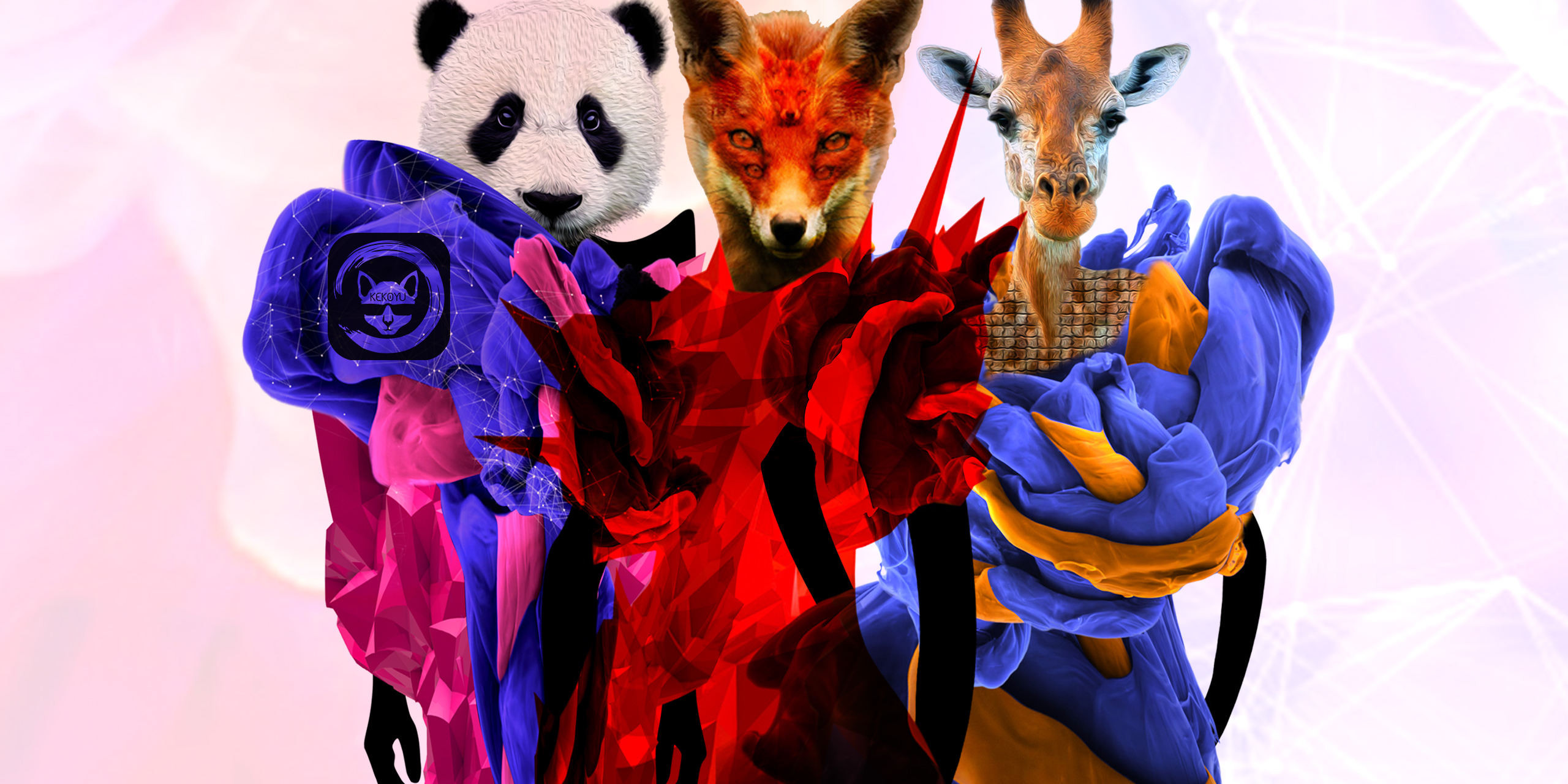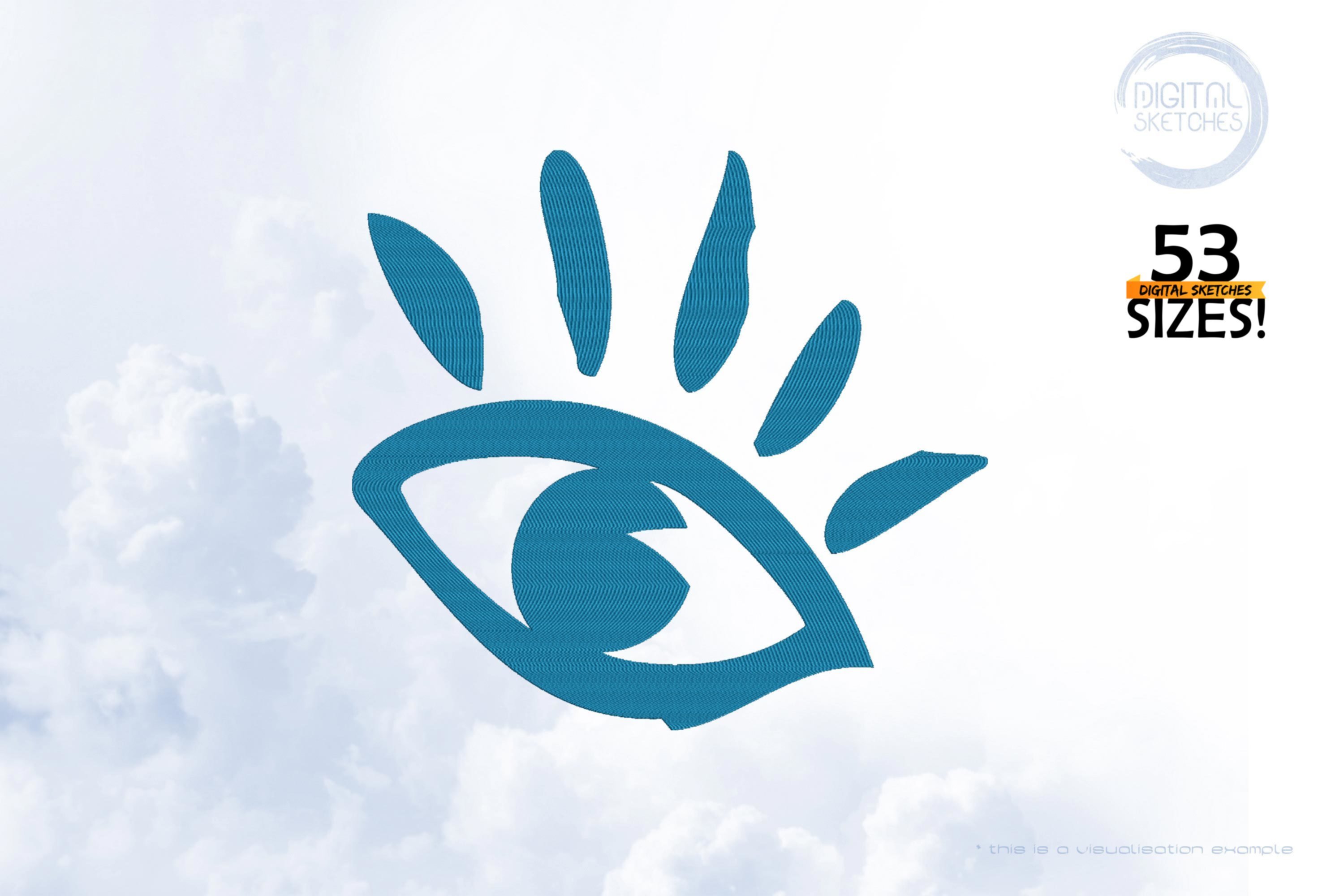
BIOLOGY
Biology or historically also life science (from the ancient Greek bios: life and logos here:teaching) is the science of living matter, the living beings. It is a branch of the natural sciences and deals with both the general laws of living things and the special features of individual living things: for example, their development, their structural plan and the physical and biochemical processes inside them. In biology, research is conducted in numerous sub-areas. The sub-fields that are generally oriented towards understanding living things include, in particular, biophysics, genetics, molecular biology, ecology, physiology, theoretical biology and cell biology.
Botany (plants), zoology (animals) and microbiology (microorganisms and viruses) deal with large groups of living organisms. The objects of observation in biology include, among others, molecules, organelles, cells and cell assemblies, tissues and organs, but also the behaviour of individual organisms and their interaction with other organisms in their environment. This diversity of objects of observation means that a variety of methods, theories and models are applied and taught in the subject of biology.
Biologists are trained at universities within the framework of a biology degree course, and biology teaching students are also trained, at least for a time, within the framework of biology didactics. In more recent times, as a result of the fluid transitions into other scientific fields (e.g. medicine, psychology and nutritional sciences) and because of the interdisciplinary nature of research, other terms have become established for biological research directions and training courses in addition to the term biology, such as biosciences, life sciences and life sciences.
Botany (plants), zoology (animals) and microbiology (microorganisms and viruses) deal with large groups of living organisms. The objects of observation in biology include, among others, molecules, organelles, cells and cell assemblies, tissues and organs, but also the behaviour of individual organisms and their interaction with other organisms in their environment. This diversity of objects of observation means that a variety of methods, theories and models are applied and taught in the subject of biology.
Biologists are trained at universities within the framework of a biology degree course, and biology teaching students are also trained, at least for a time, within the framework of biology didactics. In more recent times, as a result of the fluid transitions into other scientific fields (e.g. medicine, psychology and nutritional sciences) and because of the interdisciplinary nature of research, other terms have become established for biological research directions and training courses in addition to the term biology, such as biosciences, life sciences and life sciences.




